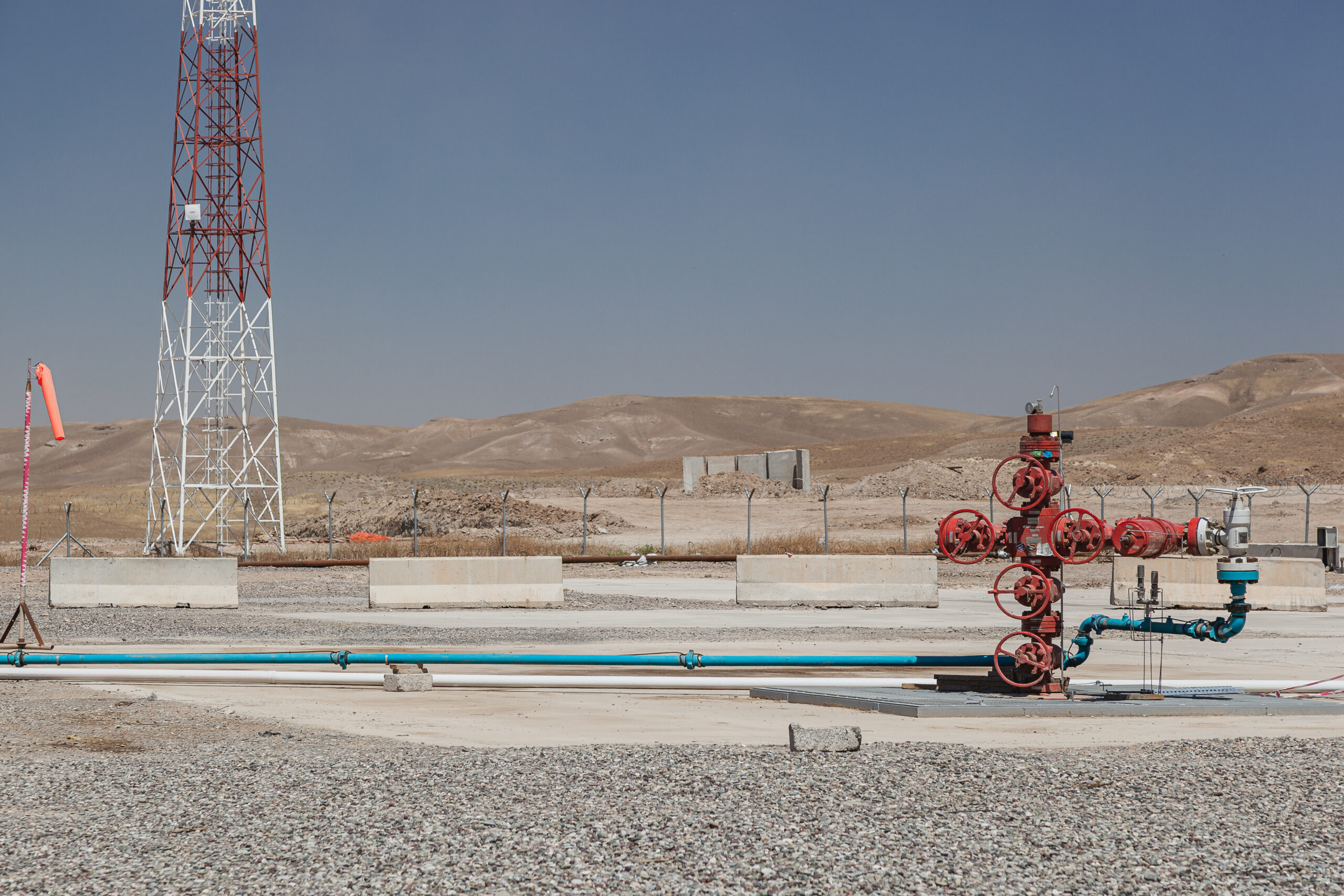Japan’s falling gas demand creates shift in global LNG markets
Japanese utilities are increasingly focused on marketing and reselling LNG overseas, new research shows, creating more competition in the global LNG market.

Demand for LNG in Japan has fallen so much over the past few years that it’s creating a shift in global LNG markets. These changes will impact both LNG demand and pricing until at least the end of the decade. It could even change how several countries in the Asia-Pacific region view their plans to continue developing more LNG and renewable energy project infrastructure.
A new report from the Institute for Energy Economics and Financial Analysis (IEEFA) found that Japanese utilities, that were once mostly LNG consumers, are increasingly focused on marketing and reselling the fuel overseas. This in turn will put these resellers in more direct competition with entrenched global suppliers like Qatar Energy, Shell, Cheniere Energy and others.
The over-contracted positions of Japan’s four largest utilities (Tokyo Gas, JERA, Osaka Gas and Kansai Electric) could increase even more in the coming years. This development intersects with declining gas demand in Japan’s domestic market, the report said.
Japan’s domestic gas usage dropped to a 14-year low last year, according to the country’s Ministry of Finance. Japan spent US$44 billion on LNG procurement in 2023. However, that marked a drop of nearly 23 percent from the previous year.
One of the primary reasons for the dip includes a restart of Japanese nuclear reactors. Some 11 nuclear reactors, 10.7 GW of capacity, are back in operation, with another 12 reactors already cleared to resume operations.
After the 2011 Fukushima-Daiichi nuclear meltdown, Japan subsequently shut down all 54 of its reactors. However, amid renewed government support and improved safety measures, nuclear is poised to become a larger part of the country’s energy mix again.
Moreover, consumer demand for gas in Japan is falling faster than volume commitments in LNG purchase contracts. The IEEFA found that the over-contracted positions of Japan’s largest utilities could increase to almost 12 million tonnes (mt) per annum over the next several years. This will cause the share of Japan’s contracts without destination restrictions to rise through the end of the decade. In lock step, these utilities will have greater flexibility to resell volumes overseas.
Over-supplied market
Extra Japanese volumes will add to an already-forecasted over-supplied global LNG market, until at least 2030. Global supply will increase by as much as 40 percent, mostly due to ramped up U.S. and Qatari LNG project development.
In its World Energy Outlook 2023, the International Energy Agency, called the massive increase of available LNG supply capacity “unprecedented.”
Demand side
Shell in its LNG Outlook 2024 sees LNG demand doubling by 2040. Others see that projected demand as too high. The IEEFA said in February that Shell is pinning its hopes on rapid demand growth in China and other Asian countries that may never materialise.
Nonetheless, extra LNG will be welcome news for Europe which increased its LNG import capacity to pivot away from geopolitically-charged Russian pipeline gas. It imported more than 120 mt in 2023, largely due to new LNG infrastructure. This trend will continue until at least 2030 even though overall European gas demand is projected to decline by around 25 percent.
Price impact
New LNG capacity will also create downward pressure on prices for both spot and longer term contracts, including for Japanese LNG resellers. In essence, a shifting global market that Japan helped create will in turn negatively impact these resellers.
The IEEFA report added that Japanese utilities marketing LNG abroad may face a unique set of challenges amidst what it calls a “looming global glut.”
“A large majority of Japan’s older purchase commitments contain pricing formulas indexed to oil benchmarks, often at relatively steep rates that may be out of the money compared to falling spot prices,” the report said. “Companies aiming to resell contracted cargoes in spot markets could, therefore, be exposed to financial risks if spot prices fall below oil-linked contract formulas.”
LNG’s tarnished reputation
Though it seems counterintuitive that changing LNG price dynamics could disincentivise support for the fuel, damage to LNG’s reputation in Southeast Asia has already set in.
In November, the Manila-based Asian Development Bank (ADB) said that the LNG price volatility of the past few years had tarnished LNG’s reliability in the region.
Even though the LNG spot price at the time of the report was only US$9 per million British thermal units (MMBtu), marking a more than 85 percent drop from its peak of more than $70 MMBtu in August 2022, the ADB report said, “the damaging effects are evident.”
Asian Spot LNG prices entered April still hovering around the US$9/MMBtu mark, climbing from lower prices the previous several weeks, due to increased spot demand.
The ADB report pointed to several gas-to-power and LNG import projects that had been delayed in Vietnam and the Philippines due to price volatility and supply unreliability. “The delay in gas-fired power plant caused power outages in several cities in Vietnam, including Hanoi [the capital],” it said.
LNG price and supply volatility also caused both energy outages and economic crises for Pakistan and Bangladesh as both countries relied more on the fuel for their respective power sectors.
Energy economics could also create headwinds for further LNG expansion in the region. Renewable energy is already cheaper to build and operate than fossil fuel-based power production. Moreover, renewables are on track to keep getting even cheaper.
A recent report from clean energy think-tank RMI found that by 2030 technological improvements could slash prices for wind by 25 percent and as much as half for solar power projects.



